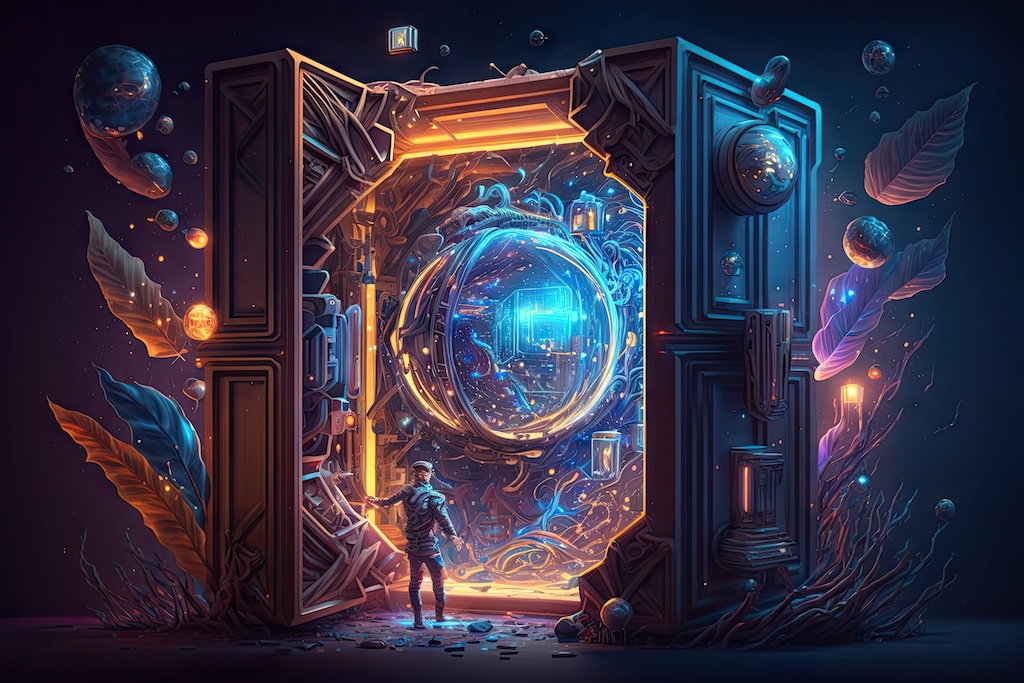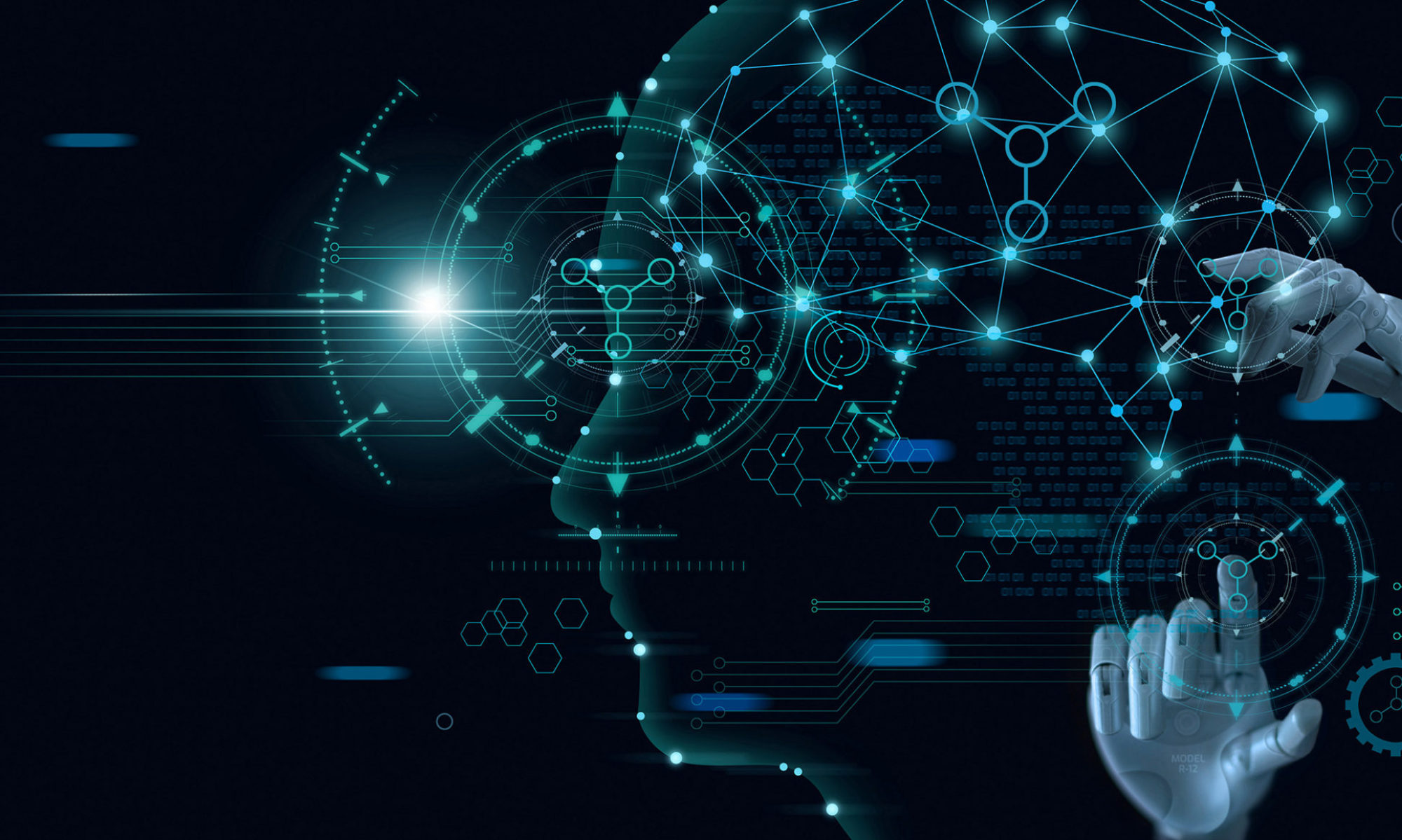
I can’t stop thinking about an article I read a few days ago in the New York Times. Opinion columnist Thomas L. Friedman observed that we as a species are “lifting the lids on two giant Pandora’s boxes at the same time, without any idea of what could come flying out.”
Friedman labels these boxes as artificial intelligence (AI) and climate change (CC) and puts these entities into the semblance of religious frameworks. Friedman invokes godliness in saying that we are surpassing our own evolution and “manufacturing” AI in a “godlike” way. With CC we are “driving ourselves in a godlike way from one climate epoch into another” surpassing the “natural forces” that usually initiate such power. Friedman makes these observations in light of the question: “What kind of regulations and ethics must we put in place to manage what comes screaming out?”
Friedman cautions that we just can’t move recklessly forward with AI like we did on social media. Our relentless, fast-moving march with social networks broke the societal pillars of truth and trust. These media platforms, though well-intentioned for human connection and democratic dialogue when first created, have unleashed unimagined consequences in the lives of billions of people [Friedman quotes Dov Seidman here].
Seidman follows up by stating emphatically that there is “an urgent imperative — both ethical and regulatory — that these artificial intelligence technologies should only be used to complement and elevate what makes us uniquely human: our creativity, our curiosity and, at our best, our capacity for hope, ethics, empathy, grit and collaborating with others.”
As the article moves along, Friedman continues to support this human-elevating narrative by quoting other AI gurus who are looking at AI and coming to the same conclusions: We have to approach AI in a way that is responsible. And even more than this, we are going to have to “decide on some very big trade-offs as we introduce generative A.I.”
And that’s where we get to why I can’t stop thinking about this article:
And government regulation alone will not save us. I have a simple rule: The faster the pace of change and the more godlike powers we humans develop, the more everything old and slow matters more than ever — the more everything you learned in Sunday school, or from wherever you draw ethical inspiration, matters more than ever.
Thomas L. Friedman
Friedman then moves to the topic of CC and says “ditto” to the quote above as what we should apply for CC. He quotes scientists who observe that we are in a “man-made epoch, the Anthropocene” that “will have none of the predictable seasons of the Holocene.” Friedman then asks us to emphatically consider that AI could give us a “do-over” in CC and act as a “savior…that enable humans to manage the impacts of climate change that are now unavoidable and to avoid those that would be unmanageable.”
He concludes by stating that if “AI gives us a way to cushion the worst effects of climate change…we had better do it over right.”
Friedman’s parting shot motivated me to keep pushing ahead in my studies with AI:
“God save us if we acquire godlike powers to part the Red Sea but fail to scale the Ten Commandments.“
